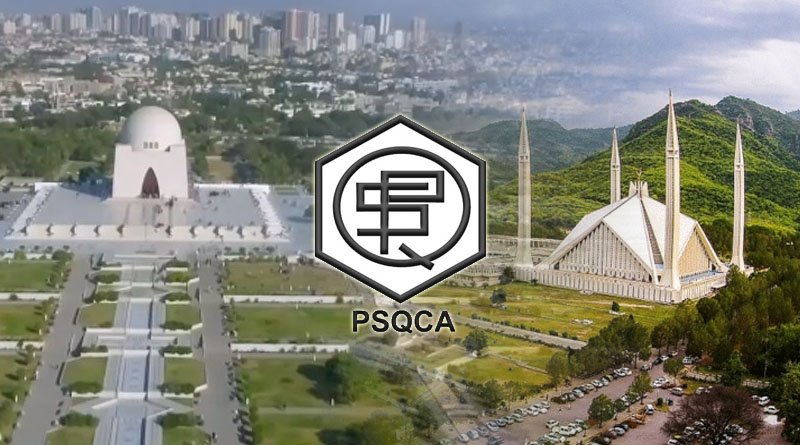Approximately 41 million traditional fans are installed in homes and other buildings nationwide, according to sources.

The government will prohibit the creation and distribution of traditional fans and bulbs. The announcement coincides with the purported completion of the government’s plan to increase energy efficiency by replacing older electric appliances as of July 1, 2023.
After June of this year, no company in the nation will be permitted to produce or market the current traditional fans because they have been instructed to start producing highly energy-efficient fans on July 1.
Approximately 41 million traditional fans are installed in homes and other buildings nationwide, according to sources. In order to ensure the installation of at least one new, highly energy-efficient fan in the premises of every consumer under an installment payment plan for its cost, the ministry of energy will work with power companies (DISCOs). According to the approved plan, consumers may pay more than Rs. 12,000 for a new fan.
However, the price will be increased in installments on a monthly basis for electricity. An official source claims that fan manufacturing companies have been instructed to get ready to produce new fans in accordance with standards authorised by the Pakistan Standard and Quality Control Authority (PSQCA).
A different ministry division, the National Energy Efficiency & Conservation Authority (NEECA), is also said to have finalized and will announce the Minimum Energy Performance Standard (MEPS) for manufacturing only those fans with a power factor of less than 80 watts.
As a result of PSQCA’s preparation of SRO, fan manufacturers are now legally required to produce certain types of fans in order to comply with energy efficiency and conservation measures.
Fans that have earned stars for energy efficiency have been added to the authority’s required list. A fan with a star rating of 1 will use less than 80 watts, according to the MEPS of electric fans. Similar to that, fans with a star rating of 5 will use 45–50 watts when an AC inverter is used.
The government had earlier decided to relax regulatory duties on silicon shields that were required for import and use in fans and other electric items for efficiency reasons during a meeting on Monday. Vendors and importers would both benefit from this.
The plan also calls for a ban on inefficient bulbs, and the manufacturing and distribution of tube lights would end on July 1, 2023. Only bulbs that meet approved standards for energy efficiency would be permitted on the market. The choice was made following discussions with the fan manufacturers association, according to the official sources.
The committee on fluorescent bulbs and fans’ chairman, Khawaja Asif, has instructed manufacturers to upgrade their facilities in accordance with MEPS so that only premium energy-efficient bulbs and star-rated electric fans are produced.
A strategy for ensuring efficiency in the use of all of the nation’s dwindling natural gas is also included in the MEPS. In this regard, the government has also planned to replace or modify the millions of geysers that are currently in use throughout the nation. However, as winter is almost over, the plan will be put into action before the following winter.
Conical baffles have reportedly been made mandatory in the revised MEPS for geysers, which PSQCA reportedly did in consultation with NEECA. With effect starting on December 1, 2023, the revised standard for geysers has already been announced for this purpose. Twelve geyser manufacturers out of a total of thirteen are in compliance with the updated standard.
The creation of timer devices and the inclusion of digital tools in new geysers have also been requested from the manufacturers. The installation of conical baffles and other equipment in the numerous millions of geysers that are currently in use throughout the nation will be handled by the petroleum ministry in cooperation with Sui Northern Gas Pipelines Limited (SNGPL), SNGPL, and Sui Southern Gas Company Limited (SSGC).
